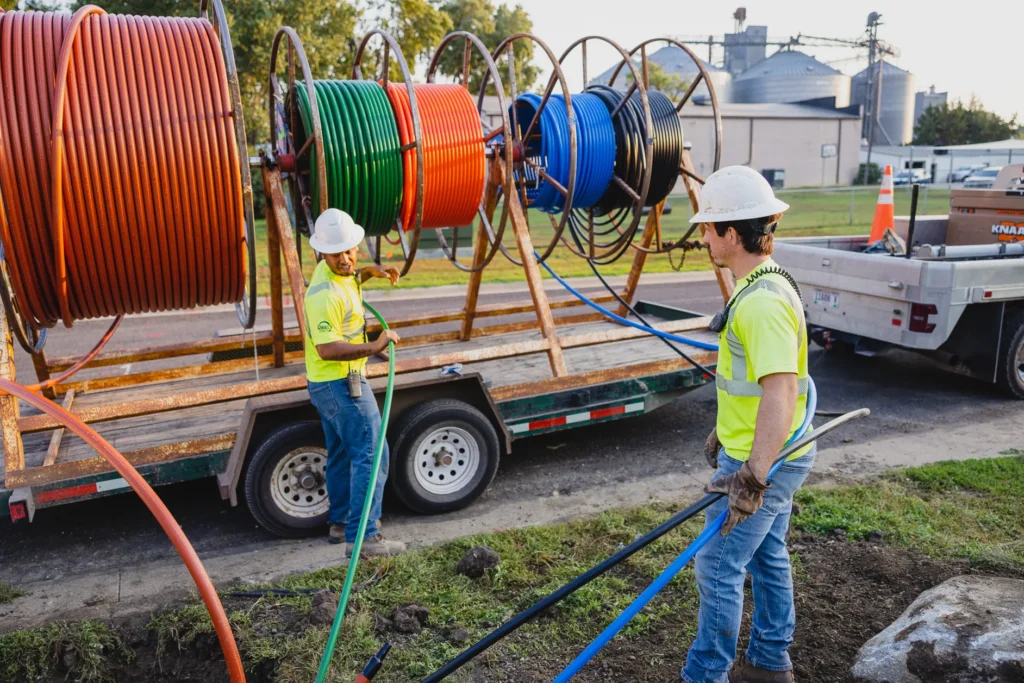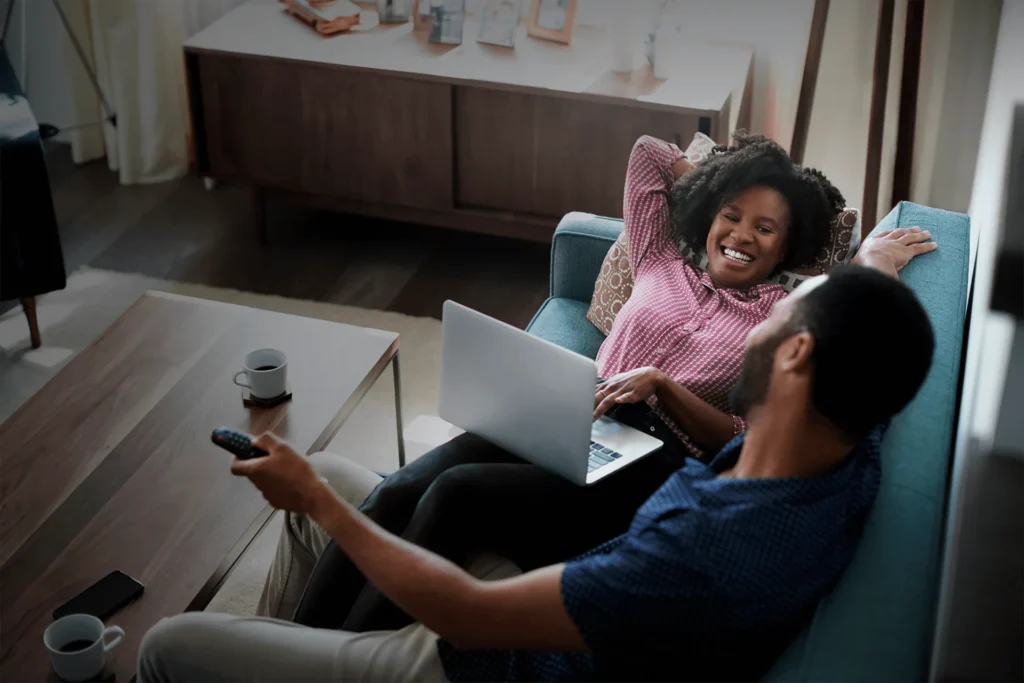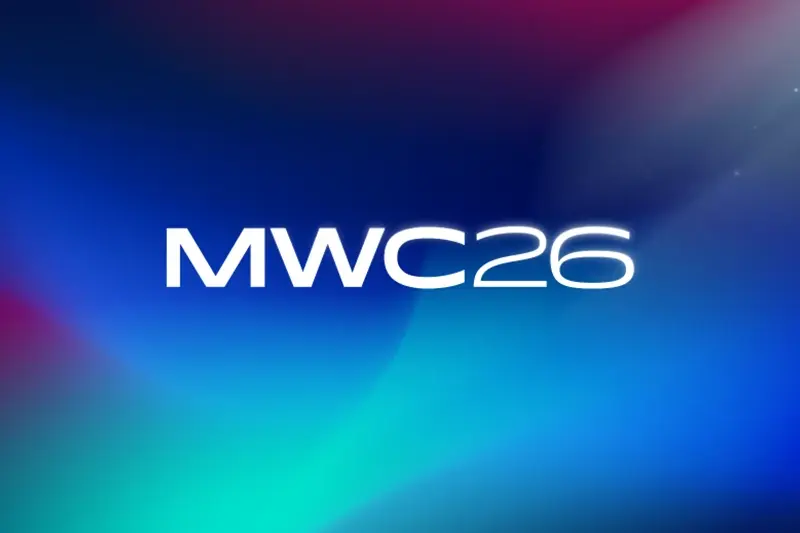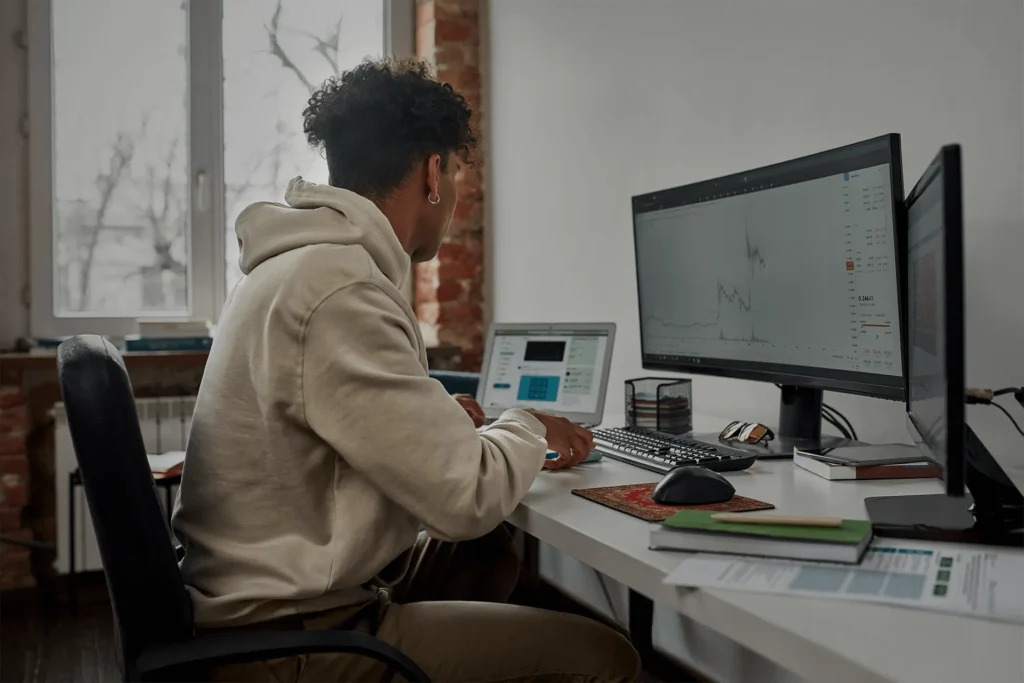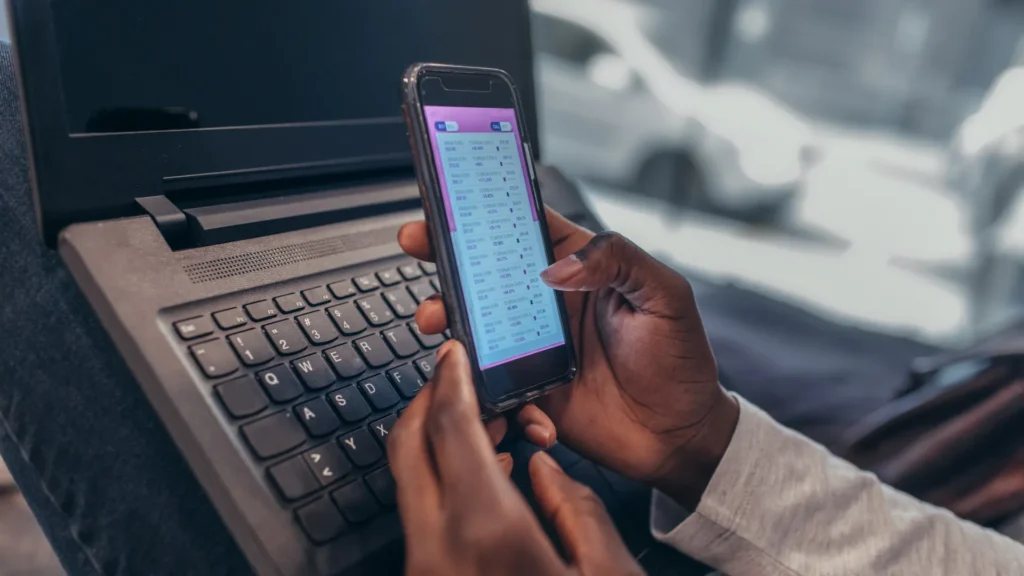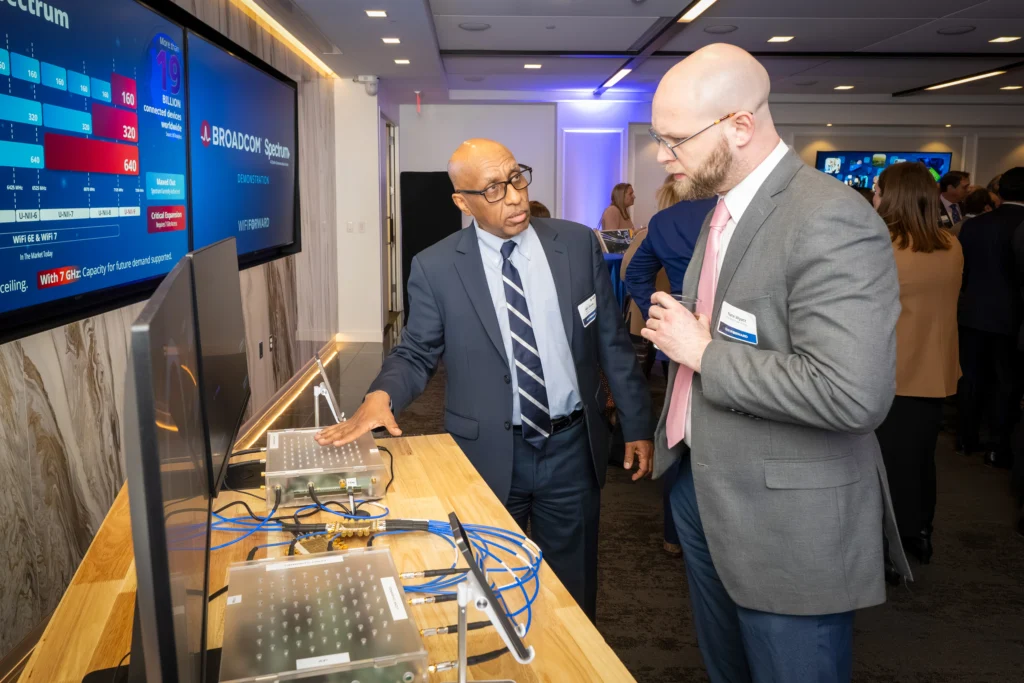In the wake of school closures provoked by the COVID-19 pandemic, a groundbreaking public-private partnership emerged to connect students in Connecticut. Across the state, thousands of students struggled to “learn from home” without a broadband connection. While internet service providers (ISPs) like Cox Communications had quickly kicked into action, both the public and private sectors knew that more needed to be done. By coming together, Cox and the state of Connecticut were able to leverage their collective expertise to get those students online in time for the Fall 2020 semester.
Cox has a long history of connecting families in need. The ISP, which serves customers in 19 municipalities within Connecticut, had been providing low-cost broadband service through its Connect2Compete program since 2012. The program offers a deeply discounted service to qualifying, low-income households at $9.95/month. Due to the widespread benefits and success of the Connect2Compete program, the Governor’s office reached out to the Cox Connecticut team about a partnership. “The state made it very clear to all of us that every piece was important,” said Peter Talbot, the government affairs manager for Cox Northeast in Connecticut. “Even though Cox is not the largest provider here, it was very important to have us sign on.”
On July 28, 2020, Connecticut Governor Ned Lamont launched “Everybody Learns” with Cox on board. The $43.5 million public-private partnership was designed to expand connectivity and offer low- and no-cost broadband options, as well as technology, to Connecticut students in preparation for a remote or hybrid 2020 school year.
The collaboration between the state and the ISP was key both in accelerating the connection process and extending its reach at a crucial time. The state, using CARES Act funds, agreed to cover the first year of Connect2Compete service for qualifying student families. The state and its partners also managed outreach to school districts, who then provided ISP partners like Cox with the addresses of student households that did not have a home internet connection. Cox connected 68% of the students’ addresses provided to them through Connect2Compete – at no cost – and the other 32% through an additional program made possible by CARES Act funding.
Together, Cox and the state of Connecticut were able to identify families that might have otherwise slipped through the cracks. “Before this initiative, we had strictly worked with individual school districts,” noted Talbot. “With ‘Everybody Learns,’ we are seeing the state becoming involved in ensuring students get connected.” This includes more affluent communities whose unserved students might have been overlooked if not for the information provided by the state. “There are towns that don’t have a large percentage of free and reduced school-lunch students, but still have families without internet,” Talbot remarked. “Pre-COVID, they could use available Wi-Fi elsewhere, such as at the public libraries. But as these places shut down, the need definitely rose. Thanks to this partnership, we were able to serve areas and districts that we could never have before.”
The company faced a series of challenges in order to get everyone connected in time for the fall semester. One of them was as deceptively simple as getting addresses right. With the influx of new addresses provided by the state, it required a great deal of scrubbing to accurately match them with the information contained in Cox’s database. The difference between “100 Main 2nd Floor” and “100 Main St. Apt. 2” may not seem like much but failing to match them might mean a family getting passed over for internet coverage.
Cox also showed flexibility with regards to its internal policies by waiving fees for customers facing financial hardship and who had outstanding balances on their accounts. This allowed more qualified families to sign up for Connect2Compete.
In Connecticut, neither Cox nor the state would have been able to reach the vast number of families without the public-private partnership. While partnerships like “Everybody Learns” have emerged across the U.S. at city and district levels, Connecticut was one of the first states to push for connectivity statewide. The Cox Northeast team hopes to see other states, cities, and counties follow this lead. “If there are connectivity gaps that are seen and need to be filled, we welcome the chance to have those conversations and help fill those gaps,” said Eric Wagner, director of communications for Cox Northeast. “Our networks already exist, Connect2Compete already exists, and we are able to help leverage that to meet their needs.”
Nationwide, Cox has also doubled down on its connecting students and their families with an additional $60 million commitment, a move that Cox Communications President and Chief Executive Officer Pat Esser announced in September 2020. Thanks to efforts like “Everybody Learns,” students are able to study, parents can search for jobs, and the whole family can access information and services not available to them before.


